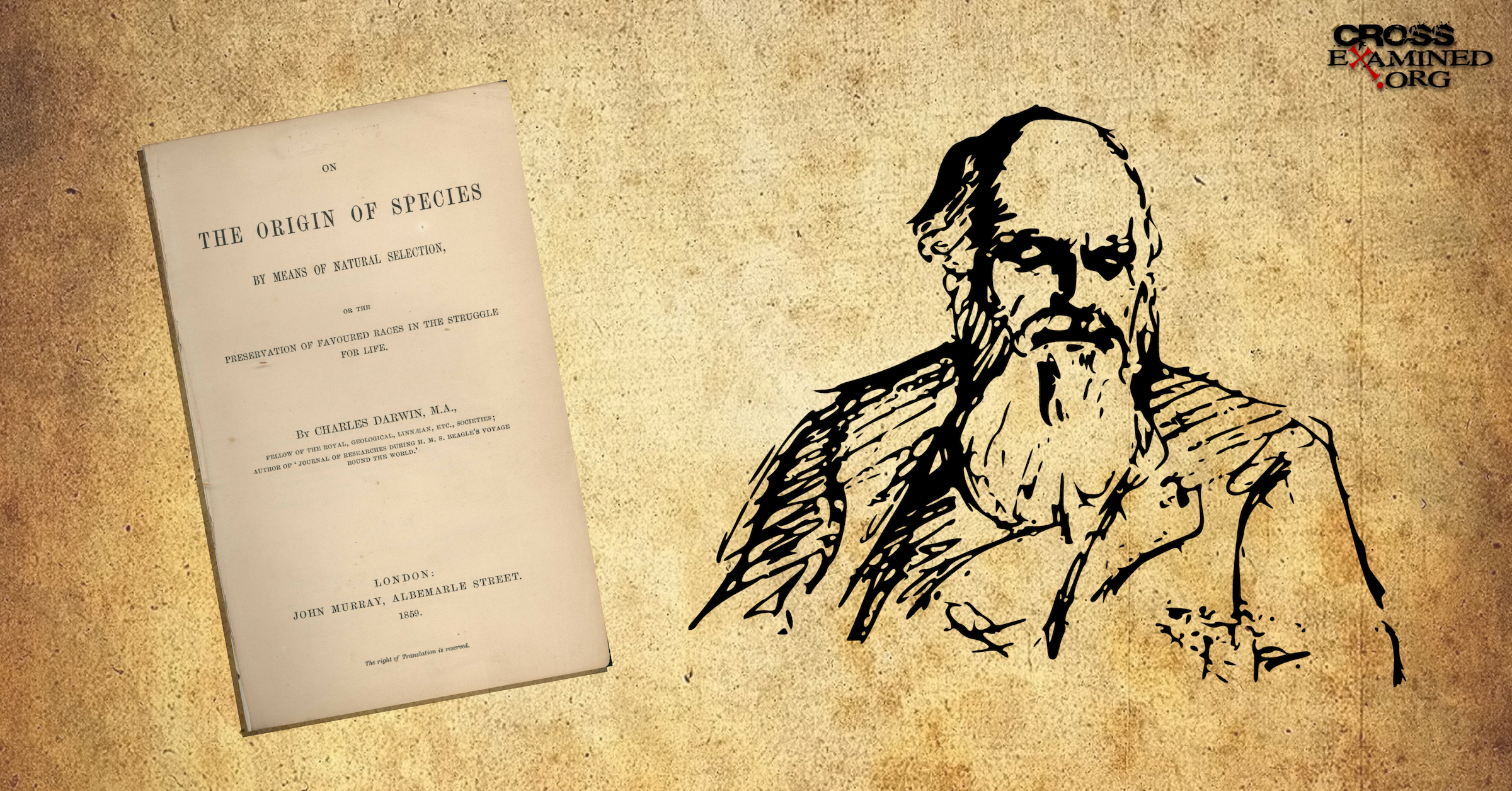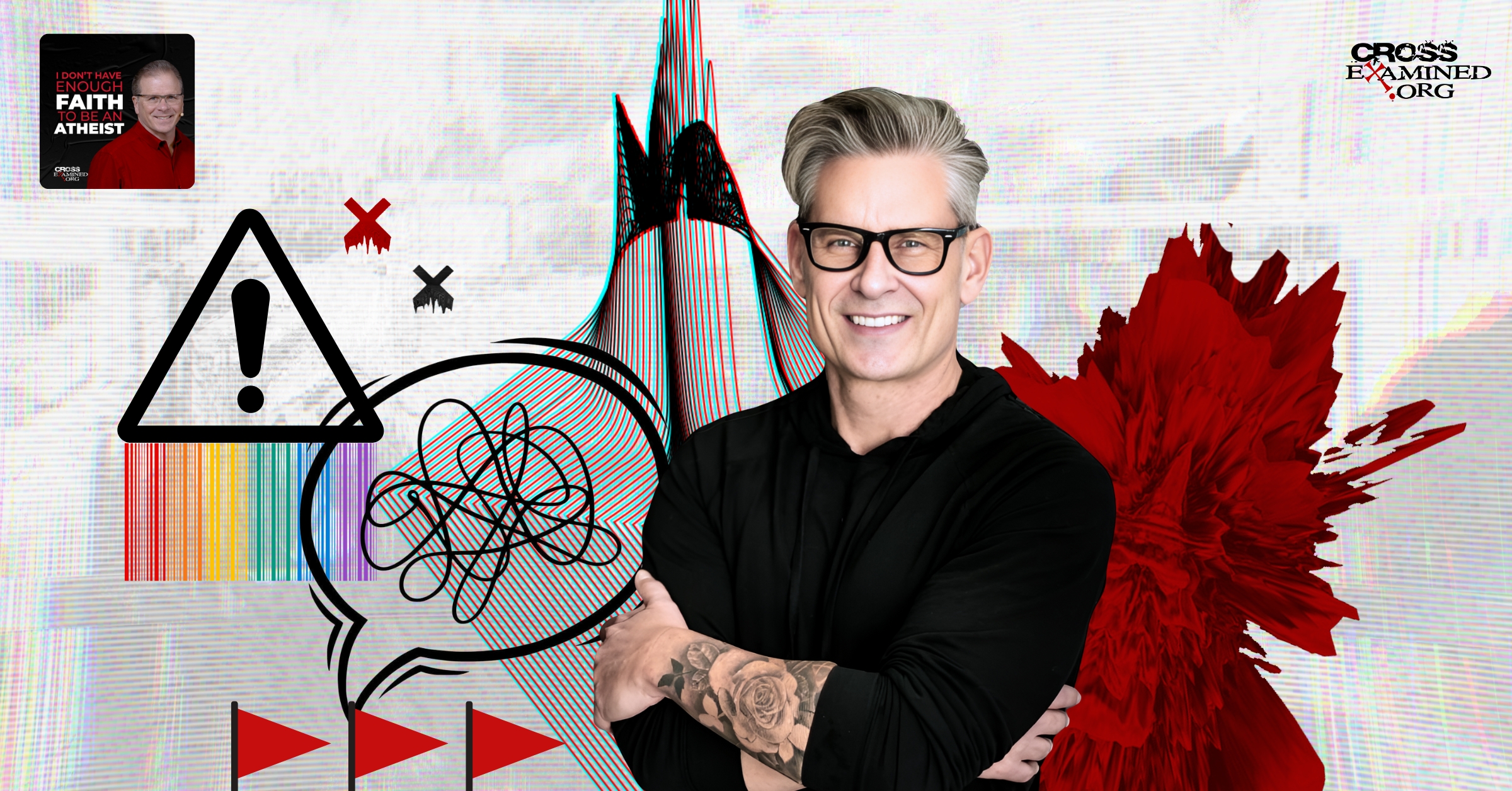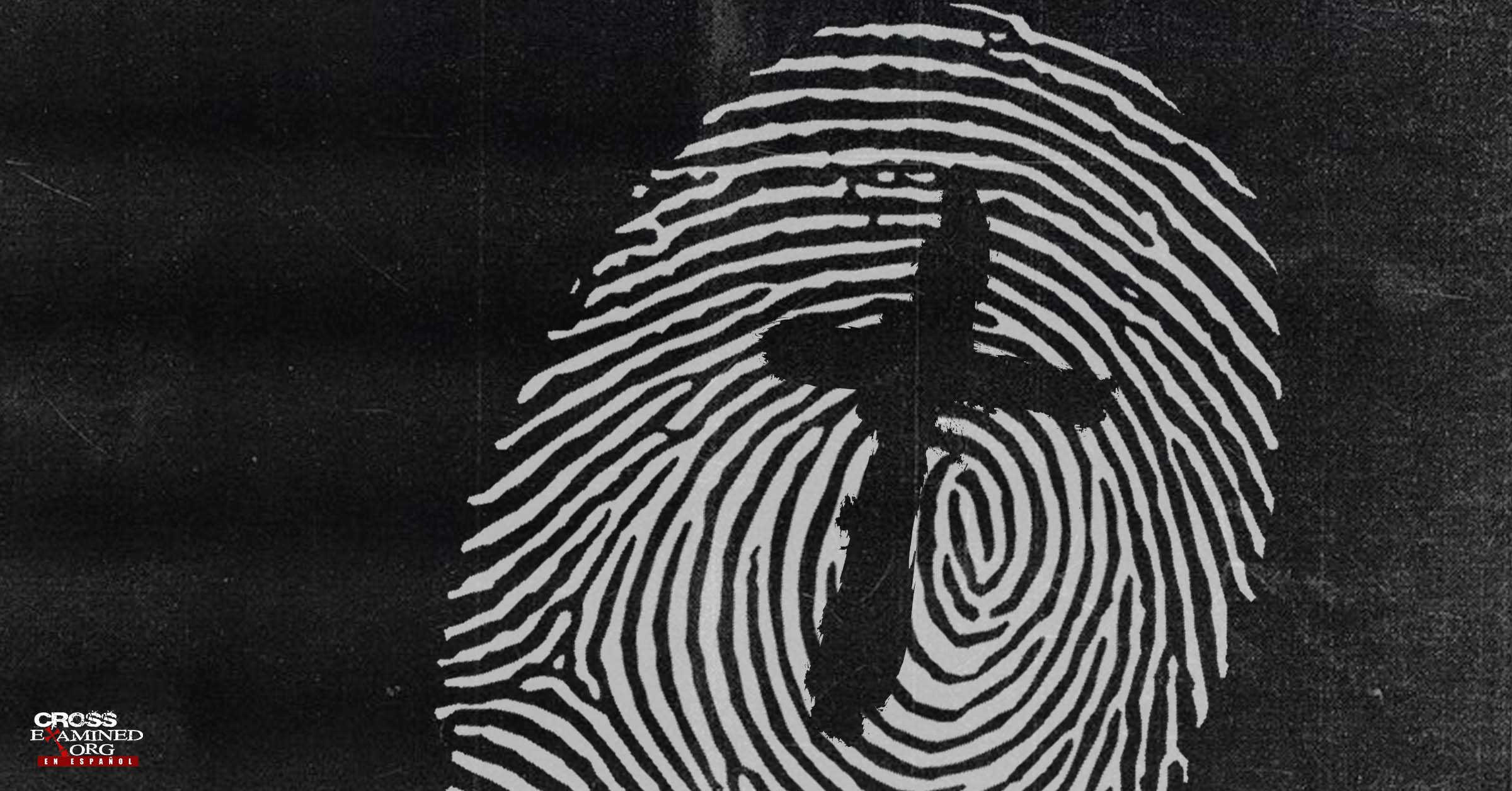What Would It Take To Prove That God Doesn’t Exist?
By Al Serrato
Atheists who feel certain that there is no God are staking out a rather interesting position. As a corollary of their position, they are of course also convinced that those who believe in God are engaging in a form of wishful thinking, that their desire to believe in a “cosmic judge” of good and evil clouds their thinking, preventing them from following where “the science” actually leads, as they believe they have done. Indeed, many believe that religion is no more than the opiate of the masses. But a bit of careful consideration will lead to quite the opposite conclusion. Holding to atheism may have some superficial appeal, as the theist must concede that it is not possible to directly see or experience God. But pretending to know with certainty that there is no God, no supreme and perfect being, is itself an act of wishful thinking. Granted, completely eliminating doubt as to God’s existence is not possible, nor can we know fully or with certainty God’s character or attributes. But being certain he’s not there? That’s a decisive conclusion to draw.
What reasons or evidence do atheists provide in support of their conclusion? Most no doubt rely on their belief in Darwinian evolution as a satisfactory alternative explanation for how life appeared on this planet. Others might point to the existence of evil in the world and contend that an all-powerful and all-loving God would not allow evil to exist. Since evil does exist, God doesn’t. Still, others will attack the claims of theists, arguing for instance what they take to be contradictions in the resurrection accounts and concluding that all religion is just so much wishful thinking. But “knowing” that there is no God requires much more than any of these rationales could provide. In order to be entirely certain that there is no God, that in other words nowhere in the universe can God be found, one would have to have access to, well, the entire universe. Given the size and scope of the visible universe, this is quite a task. Add to that any aspects or dimensions that may elude our senses and the task becomes even more insurmountable.
Here is the odd thing about such a quest. In order to really satisfy oneself that the universe is devoid of God, the searcher must attain complete knowledge of the universe, for any lack of knowledge could relate to the very place that God is present. Moreover, since an all-powerful God would theoretically precede and transcend this universe, one would have to have the capability to examine anything that exists beyond the universe, a task beyond the reach of science. In short, then, one must become omniscient – possess total and complete knowledge of all places and all things – for only then could they know with the certainty atheism connotes that we are not in fact creatures of an intelligent and powerful creator but the products of mindless evolution.
Ironically, of course, at this point, the searcher would possess the very attributes of God. Proving the truth of atheism is, in the end, a futile quest, for one would need to be godlike to prove that God doesn’t exist.
Now to this conclusion some might object, arguing that by this reasoning, no one could be certain that unicorns or tooth fairies do not exist, since there is no way to prove these negatives either. But such a contention would miss the point. First, while there are no good reasons to believe in the existence of such mythical creatures, there are by contrast many logically compelling reasons to conclude that an uncaused first cause is necessary to explain that which we see around us. There are arguments from the design inherent in nature and the fine-tuning seen in the universe, as well as by the existence of evil. Each individual argument is logically sound and combined they are, to most who have considered them, sufficient warrant to believe that a Supreme Being must exist.
Moreover, the stakes involved are completely different. Being wrong about whether a unicorn can be found somewhere does not bring with it the same consequences as the question of whether there is a perfect being out there who created us. The former is simply a matter of intellectual curiosity. But the latter carries with it much weightier questions regarding who we are, why we are here, and most importantly, whether anything is expected of us by the One who brought us into being.
Weighty questions, worthy of our careful consideration.
Recommended resources related to the topic:
I Don’t Have Enough Faith to Be an Atheist (Paperback), and (Sermon) by Norman Geisler and Frank Turek
Stealing From God by Dr. Frank Turek (Book, 10-Part DVD Set, STUDENT Study Guide, TEACHER Study Guide)
Tactics: A Game Plan for Discussing Your Christian Convictions by Greg Koukl (Book)
Fearless Faith by Mike Adams, Frank Turek, and J. Warner Wallace (Complete DVD Series)
Defending the Faith on Campus by Frank Turek (DVD Set, mp4 Download set, and Complete Package)
So the Next Generation will Know by J. Warner Wallace (Book and Participant’s Guide)
__________________________________________________________________________________________________________________________________________________
Al Serrato earned his law degree from the University of California at Berkeley in 1985. He began his career as an FBI special agent before becoming a prosecutor in California, where he continues to work. An introduction to CS Lewis’ works sparked his interest in Apologetics, which he has pursued for the past three decades. He got his start writing Apologetics with J. Warner Wallace and Pleaseconvinceme.com.










